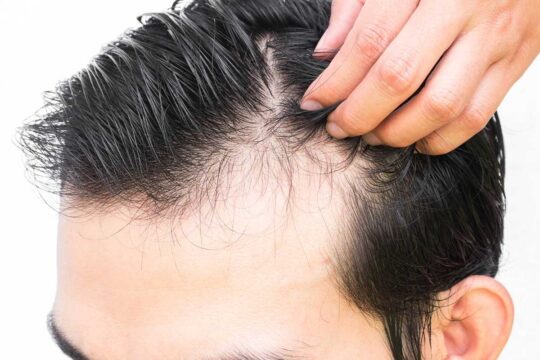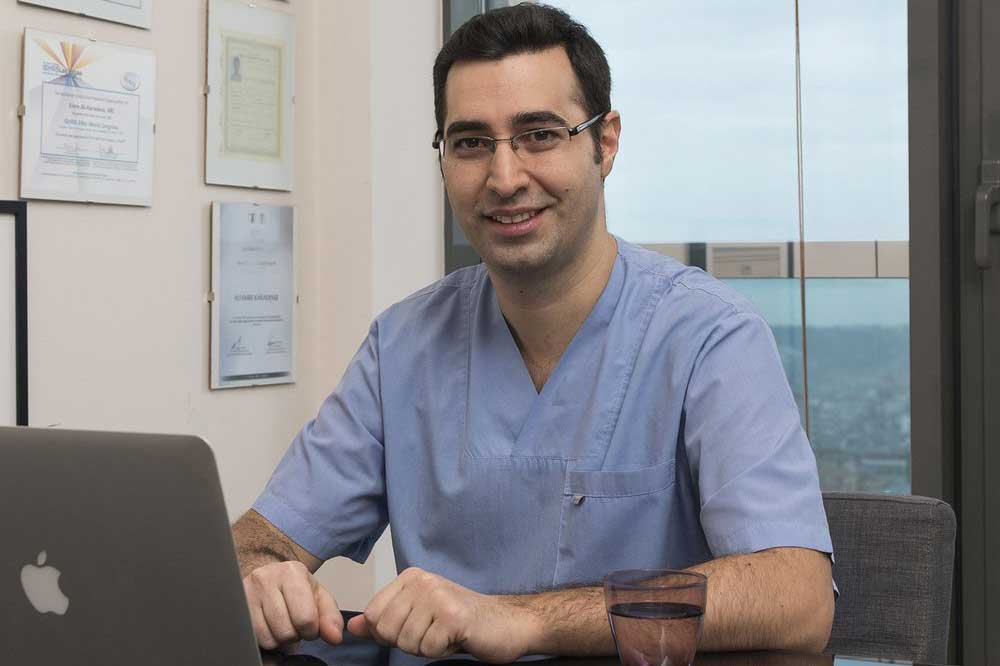
Hair transplant repair, is a broad term that includes all cases who have had previous hair transplant procedures with a poor outcome.
In fact, even when the first hair transplant has given a reasonable result, in the vast majority of the cases the donor capacity is used up at a much higher degree than the coverage provided and with variable degrees of scarring.
Extraordinary surgical skills are necessary to provide a significant improvement in previously operated hair loss patients.

A bad hair transplant can devastate someone already distressed by thinning hair. Instead of discreet coverage, they now endure curious stares at an unnatural result. Most failed-transplant patients share several burdens: a lingering depressive mood, deep mistrust of clinics, donor zones partially or largely depleted, and multiple technical faults—poor graft distribution, incorrect angles, and conspicuous scarring. These combined issues can erode confidence even more than the original hair loss.

Repair cases rank among the toughest in hair restoration because surgeons must correct visible mistakes while working with limited donor reserves. Yet they are also the most rewarding when executed well, restoring appearance and trust simultaneously.
Success demands extraordinary surgical skill, meticulous planning, and realistic goals, balancing damaged donor capacity against the need to rebuild natural density, flow, and direction in the scalp’s most noticeable zones.

Repair surgery typically unfolds in several precise steps. First, “pluggy” grafts or follicles placed at wrong angles are removed and carefully redistributed to achieve uniform direction and spacing. Next, targeted micro-densification fills bare patches caused by uneven distribution. Finally, donor scars are excised, revised, or camouflaged with fine follicular units to restore aesthetics. Combined, these measures can transform a conspicuous failure into hair that blends naturally with existing growth.
A transplant is considered failed when it leaves plug-like tufts, wrong hair angles, patchy density, or noticeable scarring. Even if some coverage is present, heavy donor depletion or an unnatural look triggers the need for corrective work.
Yes—if you choose a surgeon who specialises in repair cases, shows before-and-after evidence, and explains a step-by-step plan. Repair requires higher technical skill, so board certification and extensive revision experience are non-negotiable.
Not always. A skilled surgeon can often locate untouched zones or harvest finer grafts around scars. They may also recycle pluggy grafts by removing and re-implanting them in a more natural pattern.
Common steps include excising or coring out mis-angled grafts, re-distributing them for proper flow, adding density in key zones, and revising or camouflaging donor scars with fine follicular units.
Scar repair aims to trade a wide or dotted scar for a slimmer, less visible line. Trichophytic closure lets hair grow through the suture, helping it blend. While no surgery is scar-free, careful technique keeps new marks minimal.
Most corrections take one or two surgeries, depending on donor reserves and the extent of previous damage. Your surgeon will map priorities—scar revision, density building, angle correction—and stage them if needed.
Repair aims for significant improvement, not perfection. With limited grafts, surgeons focus on restoring a natural hairline, balanced density in the frontal zone, and an inconspicuous donor region. A thorough consultation sets clear goals before any work begins.